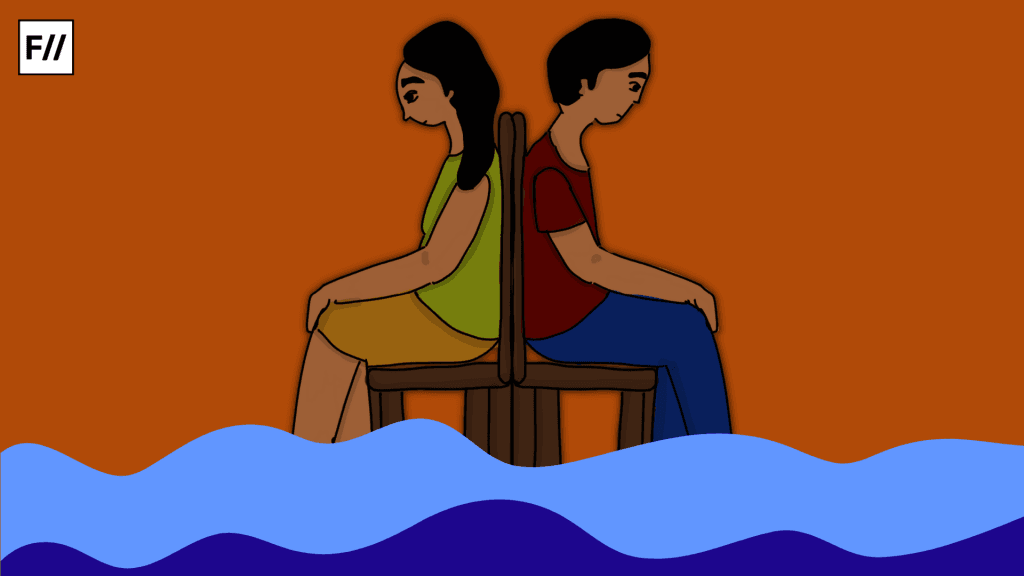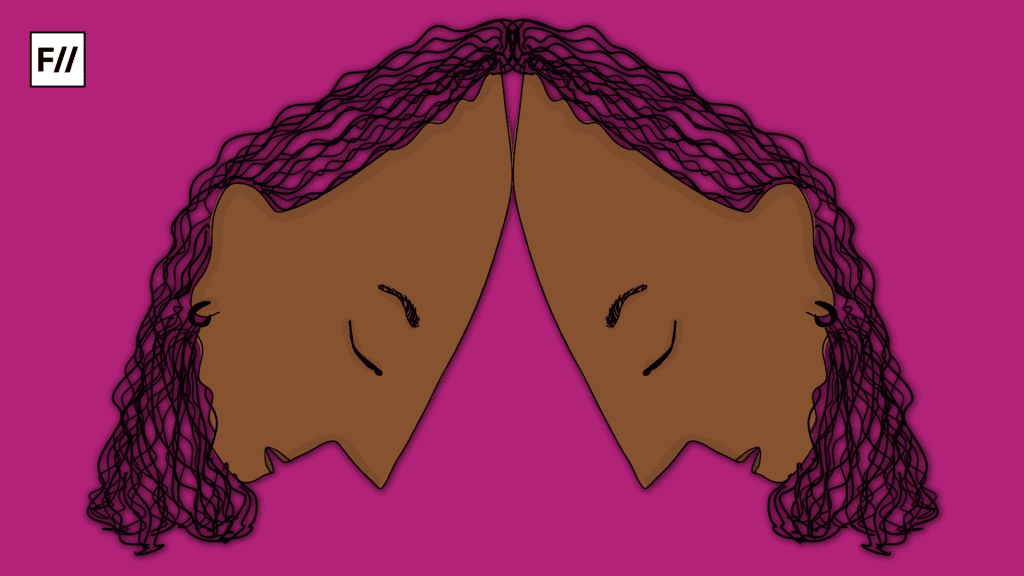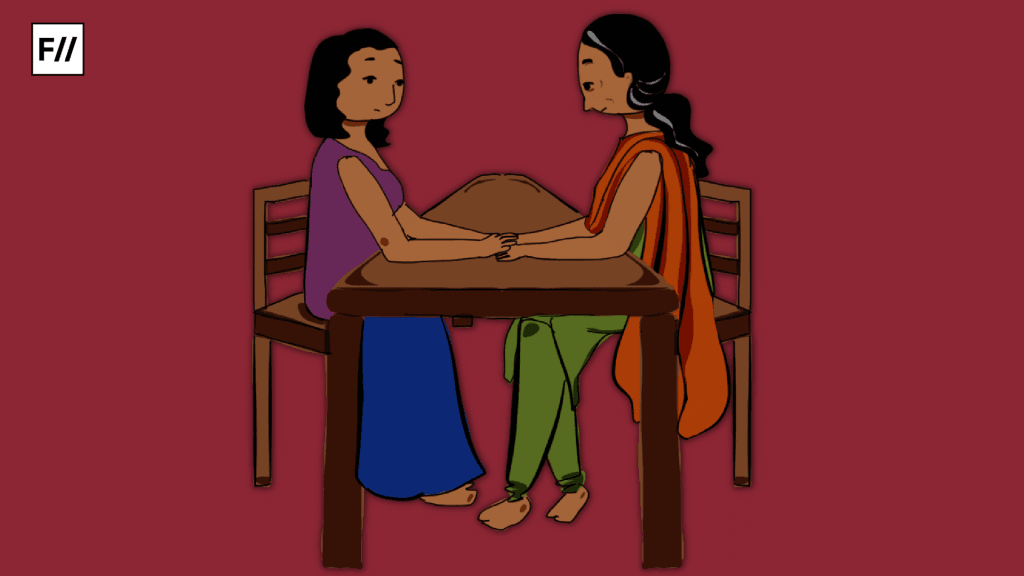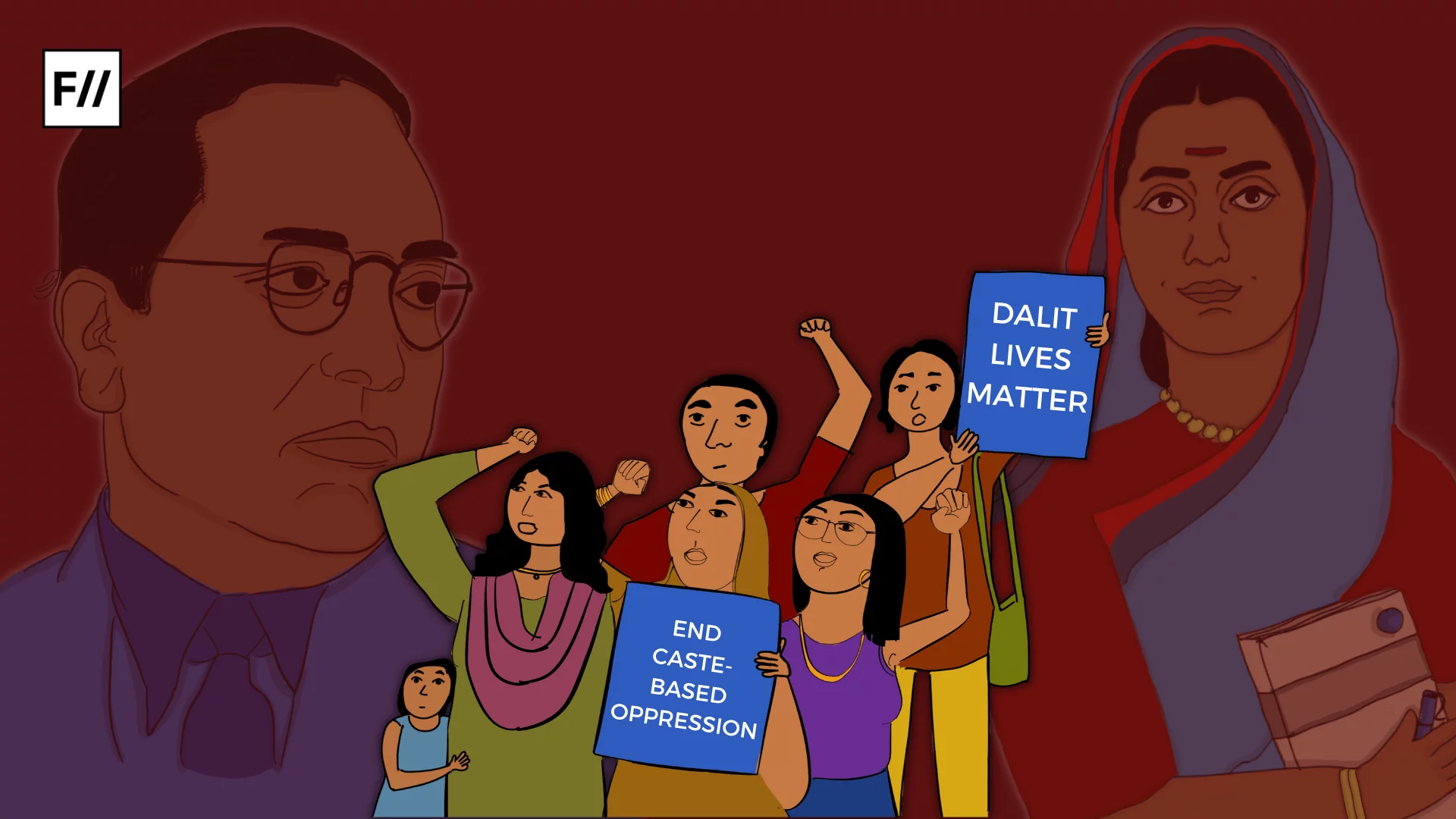“You should take some time out for yourself every day. Probably, watch a Netflix show, stay in bed, and journal,” concluded the facilitator, at the end of a self-care workshop on a sleepy Saturday morning. Throughout the almost three-hour workshop, never once, was there a mention of the history of self-care, and its roots in the black feminist movement. We also did not speak of how Indian women and oppressed caste individuals often have less time for self-care, as compared to upper-caste men.
Rather, the version of self-care presented in this classroom was the aestheticised and “contented” version, laced with undertones of conspicuous consumption and devoid of its social and political contexts.
This has been the general model of psychology classrooms in India, where there is excessive focus on the individual, as a universal entity, and the therapist, as an “objective, apolitical, blank slate,” each devoid of their social and contextual locations. Mental health is thus seen as isolated within the individual, and in such an educational environment, identity in general, and caste in particular, as a factor interacting ubiquitously with mental health has been systematically and systemically sidelined.
However, data has consistently shown that caste interacts with mental health as a fundamental factor. The increasing number of student suicides by oppressed caste populations, the higher rates of incarceration in these communities, and the lack of accessible treatment options show that caste determines life chances, for individuals in the Indian context. While there is slowly a growing body of work emerging about caste within the therapeutic practice, the roots of caste biases in mental healthcare start from the psychology classroom, which prepares future therapists for their roles. These classrooms facilitate a general sense of ‘castelessness,’ as proposed by Satish Deshpande, and therefore, continue to uphold the caste system subliminally. But where do these assumed “objectivity and apoliticality” come from?
Colonial and Postcolonial Histories
The modern discipline of psychology came into existence within the European context at the turn of the mid-nineteenth century. It emerged as a culmination of the strands of philosophy, physiology, evolutionary theory, and psychological sensibilities coming from everyday life within the early modern period in England, and other parts of Europe. The Industrial Revolution and the Protestant religious belief systems became the key influencing components of modern psychology.

As commercial society placed new kinds of demands on people’s lives, psychology was established to understand the implications of this revolution in the post-Enlightenment era, and to establish social order. Thus, the goals of psychology were to reconfigure the roles, relationships, and obligations of people as social beings, moving from a traditional society to a modern form of social organisation.
In their research paper, Bhatia traces how this model of psychological knowledge was then transplanted by the British to India, as a colonial import, that pursued the colonial agenda of introducing new models of education. Scholars studying under this model of psychology in India adapted and imbibed the Euro-American framework of psychology, and continued to adopt the same spirit in the choices of courses, textbooks, and methodologies in Indian universities. Thus, the Euro-American control continued, and the cannon of psychology exported from the West, and imported without question, became central to the formal academic discipline.
Focusing on the progression of the discipline of psychology within the Indian context, Durganand Sinha, in his book, “Psychology in a Third World Country: The Indian Experience,” has identified four phases of the discipline’s development, namely, the pre-independence phase, the post-independence phase, the phase of problem-oriented research, and the phase of indigenisation. Within the pre-independence period, Indian thought systems were not adequately incorporated into the formal academic way of doing psychology. At this point, the major concern for psychologists was to build a psychological science that followed the positivist mode of research. Thus, in the phase of problem-oriented research, academic psychology was separated from its sociopolitical trajectories, and experimental psychology, psychoanalysis, and psychometric testing were adopted and propagated to be culture-free.
Within the problem-oriented phase of the development of psychology, academic papers and research focused on social psychology, theories of personality, experimental and abnormal psychology, industrial psychology, cognitive psychology, psychometrics, and comparative psychology. Thus, the emphasis was on moving towards an objective scientific model that propagated the “psychic unity of humankind.” Multiple professional bodies also gave impetus to this worldview, including the Indian Psychoanalytic Society, the Indian Psychological Association, the Indian Association of Clinical Psychology, the National Association of Psychological Sciences, and most recently, the Rehabilitation Council of India. Thus, the discipline was professionalised with the ideology of objectivity and positivism dominant in its approach.
Eventually, the lack of social relevance led to an overhaul of psychological research in some parts of the discipline, and attempts were made towards indigenisation. Volumes were published on Yoga and consciousness, and endeavours were made to connect with Indian thought and understanding of issues. Cross-cultural psychology emerged as a new stream, where the relevance of culture was understood and attempts were made to link psychological outcomes with cultural variables. However, this trend did not find significant footing within the larger understanding of psychology in India.
Moreover, while this perspective attempted to bring forth psychological insights through a literary analysis of ancient “Indian” texts, the focus was largely on upper-caste Hindu texts that reproduced the inherent caste stratification within the Indian context. Additionally, these texts were also validated using the positivist framework, and this fuelled attempts to feed into the nationalist discourse through the establishment of the superiority of Yoga or the Vedas, as proponents of Indian culture and knowledge systems. A critical epistemology of caste thus remained and continues to remain absent within academic Indian psychology, and therefore, its teaching.
Under-representation, and misrepresentation of caste minorities
Apart from the histories that shape Indian academic psychology, there is also a lack of representation of mental health professionals and psychology professors from oppressed caste communities, and other marginalised identities in mental health praxis in India. The All India Survey of Higher Education (2021-22) shows that there is a steady decline in the gross enrolment ratio, as the level of higher education increases.

Furthermore, since being a psychologist in India requires a minimum Master’s degree, there is a funnel effect that filters out students with less access to financial, and social capital; thereby reducing the opportunities for SC/ST/OBC students to enter the field. Additionally, a lack of data about demographic representation in the field, as well as a lack of regulation prevents diversity in representation.
The dominance of English within mental health spheres, and the consistent attempt towards an imagined ‘objectivity,’ and therefore neutrality, has sidelined social location as a factor interacting with every aspect of the life course. This has reduced social identity to merely socioeconomic location in the contexts of poverty, or gender, in the context of framing a ‘difference-focused,’ understanding of mental and behavioural variables. Thus, research where identity is taken into consideration as a variable, is often only correlational, or developmental, serving to link caste or other forms of identity with performance on various parameters, such as intelligence, or personality.
Furthermore, there appears to be a tendency to equate caste, as an issue only for oppressed caste individuals, without taking into account the influence of caste in the socialisation and subsequent life chances, for almost everyone in the Indian context.
These implicit biases in the field are therefore larger than just essentialised stereotypes of particular communities, but rather, inform the very approach taken towards mental health praxis, be it theoretical, pedagogical, therapeutic, or epistemic. Specifically, a denial towards taking a fundamentally structural account of mental health, and infusing qualitative, lived-experience-based methods of inquiry; along with the tendency towards depoliticising mental health spaces, thereby reducing them to a popular cultural aesthetic, plays a role in this dance that makes the mental health industry an ally to the systems of power that govern social life. The upper-caste individual thus becomes the ‘default,’ in the roles of the client, as well as the therapist.
Thus, there is underrepresentation, as well as the misrepresentation of caste within the mental health training process in the Indian context, which invariably focuses on a pathological and clinical orientation, and takes a homogenising gaze towards every ‘client.’
Alternative perspectives
What then, are some of the ways to address this concern?
An important element is integrating social location as a fundamental agent of socialisation, affecting and fundamentally shaping mental health outcomes, for all individuals. In a conversation with an older adult from a privileged location, there was a sense of grief for the loss of “servants,” which has emerged as liberalisation has broken down traditional family structures. This grief, though personal, also fundamentally comes from their caste location, and the history of caste-based slavery that they have benefited from. A therapeutic relationship in this context, cannot be based only on psychoeducation, but also needs to integrate socio-education in its insight-building and formulation.

Students studying psychology need to be made familiar with their positionality and personhood, and how their caste location has shaped their lives and their mental health. Students need to be taught to confront their internalised casteist beliefs, and the classroom needs to become a space where internalised brahmanical patriarchy can be questioned, and intersectional perspectives towards mental health can be introduced. Furthermore, the myth of the blank slate therapist needs to be broken, and students need to be introduced to reflexivity, as an essential prerequisite for mental health praxis.
Students need to be taught to confront their internalised casteist beliefs, and the classroom needs to become a space where internalised brahmanical patriarchy can be questioned, and intersectional perspectives towards mental health can be introduced.
With this base, the idea of ‘knowledge,’ and ‘evidence,’ needs to be questioned, and works of art, literature, and other forms of historical documentation of mental health, in socially contextual vocabularies, need to be integrated within mental health training. Besides, stepping away from a purely individual model of mental health, where the onus of health, lies on the individual, is essential.
Integrating community-based models of healthcare, with a strong focus on deconstructing power relations in the community, in the therapy room, as well as in the classroom could allow psychology students to engage with their lived experiences and reflect on how caste plays a role in their lives, thereby being able to hold space for caste-mediated experiences in the therapy room. Lastly, encouraging students to actively take political stances, and engage with the world around them, by adopting a social justice perspective within mental health praxis, can allow students to reflect on power, identity, and how caste shows up within mental health concerns. Put simply, to be effective psychologists, the psychology classroom needs to encourage its students to be critical-thinking individuals, who can see the multidimensional nature of mental health. It is only then that we might even begin to address the complexities of diagnosis, healthcare systems, the state, and identity, as some of the factors creating the realities of mental health in our contexts.




